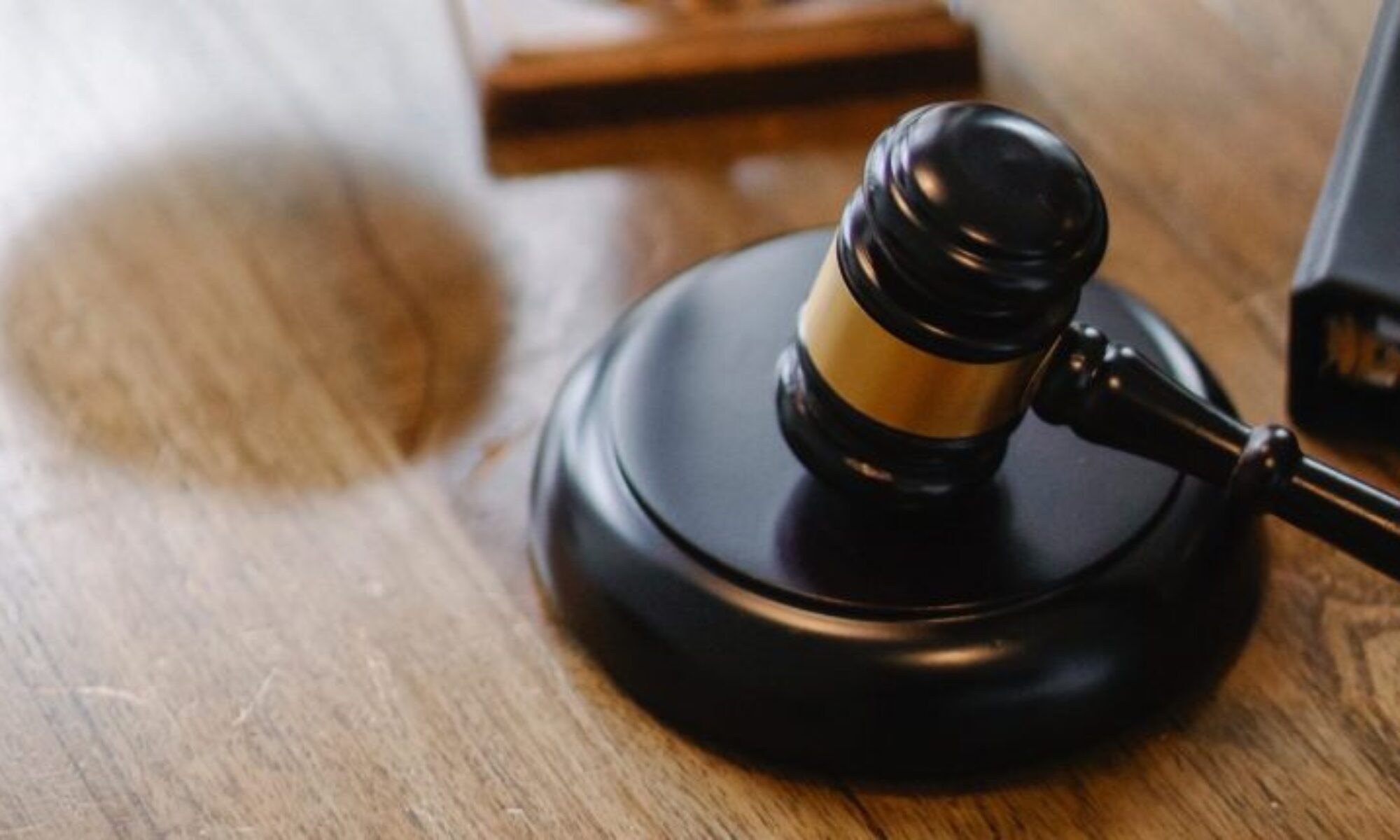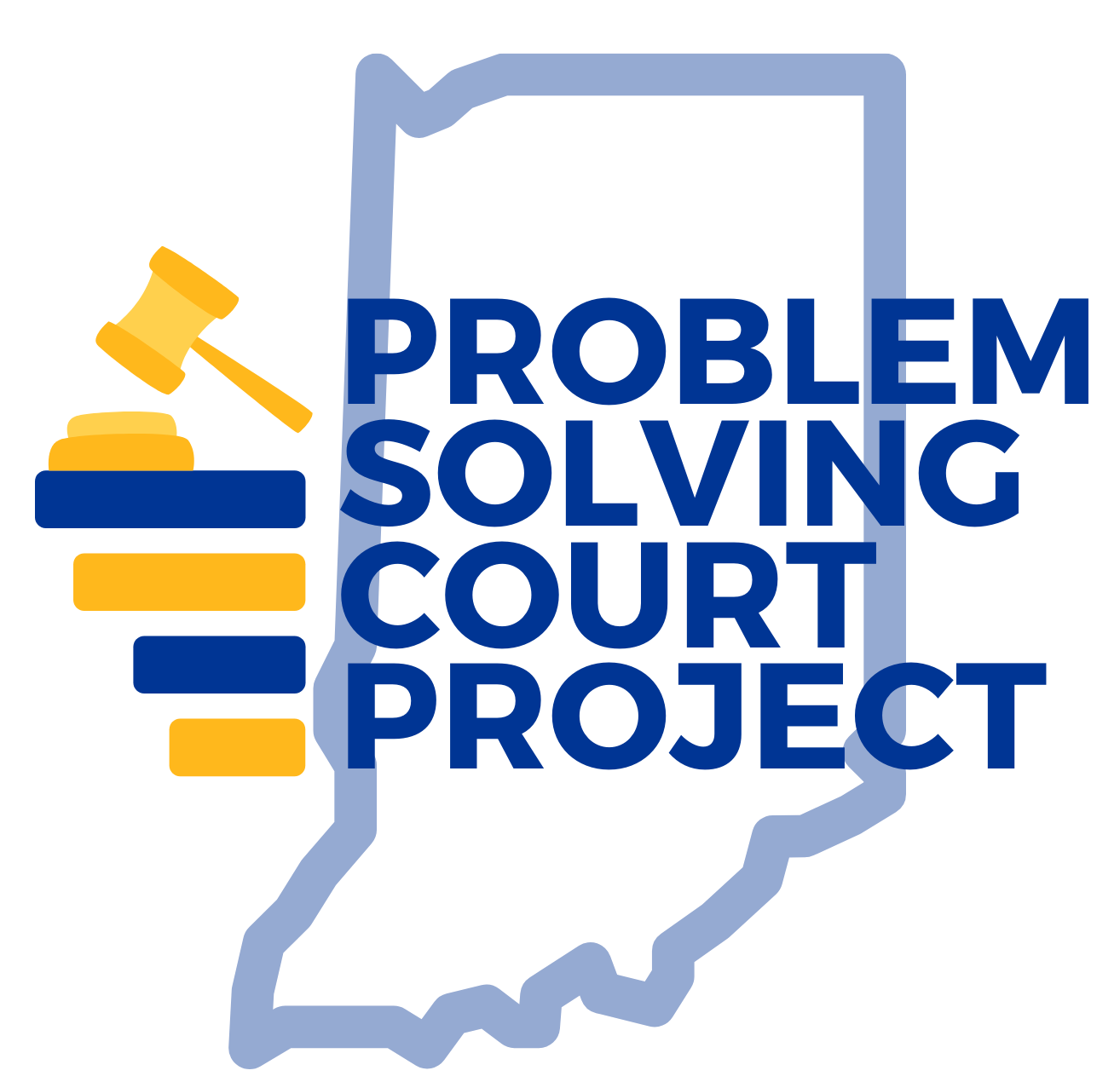The goal of this project is to understand how interventions given to individuals arrested for drug misuse impact morbidity and mortality outcomes. This study will analyze data from January 01, 2018 to June 30, 2021. Legal epidemiologists, program evaluators, biostatisticians, modelers, physicians, and program managers comprise the multidisciplinary, inter-organizational team.
Legal Team
Elizbeth Van Nostrand, JD, the project’s Principal Investigator, leads this team. Her research includes the impact of laws before, during, and after disasters/pandemics and the opioid crisis.
The legal team uses legal epidemiological methods to analyze the impact law has on non-fatal and fatal opioid events. Like other scientific disciplines, legal epidemiology tests theories and hypotheses by following systematic procedures and methods. Consequently, legal epidemiology research produces results that are transparent, replicable, precise, and measurable.
The legal team is coding Problem Solving Court and correctional facility protocols, eligibility criteria, and interventions offered to individuals arrested for drug misuse.
Evaluation Team
The evaluation team is led by Dr. Steven Albert, PhD, MS. Dr. Albert is a Professor in the Department of Behavioral and Community Health Sciences at Pitt Public Health. His research includes assessing health outcomes in aging and chronic disease as well as modeling health behavior changes across the lifespan.
The evaluation team is conducting semi-structured interviews with representatives from the Indiana Problem Solving Court Committee, individual Problem Solving Courts, and correctional facilities. These data will confirm interventions implemented by and correctional facilities and provide information not available from other data sources.
Biostatistics Team
The biostatistics team is led by Dr. Jeanine Buchanich, MEd, MPH, PhD. Dr. Buchanich is a Research Associate Professor in the Department of Biostatistics at Pitt Public Health. She has conducted extensive research and is a leading expert in patterns in overdose deaths and methods of reducing the deadly effects of the opioid crisis.
Difference-in-Difference analysis will estimate the effect of specific interventions and will compare change over time between interventions given to Problem Solving Court participants and those who are sentenced to correctional facilities.
Time-to-event analysis will examine whether and when an event occurred at 2 weeks, 4 weeks, 6 months, and 1 year intervals post-release. The effect on non-fatal opioid overdose events will be measured by EMS calls, emergency department visits, and rearrest.
Modeling Team
The modeling team is led by Dr. Mark Roberts, MD, MPP. David Galloway, MS will assist Dr. Roberts in the development of a model that represents the transition among various stages of opioid abuse, including incorporating county level data and analyses into the model.
Dr. Roberts is the Director of the Public Health Dynamics Lab where he leads the development of simulation tools for representing complex disease and the evaluation of policies to improve public health.
A large scale agent-based model will be developed to create visualizations of the impacts interventions could have if introduced into counties throughout Indiana.
Problem Solving Courts
Problem Solving Courts are specialized dockets specialized dockets that seek to treat the underlying problems contributing to criminal behavior.
As of August 2023, the Indiana Office of Court Services reports there are 130 Problem Solving Courts in Indiana and an additional 21 in the planning stages. This study focuses on Problem Solving Courts that offer interventions to adults with substance use disorder.
| Court Type | Description |
| Adult Drug Courts | These courts offer specialized programs designed to offer long-term drug treatment to individuals with substance use disorder. Source: National Drug Court Resource Center |
| Domestic Violence Courts | These courts hold domestic violence offenders accountable and reduce recidivism by offering access to social services and interventions in addition to support for domestic violence victims. Source: National Institute of Justice |
| Family Recovery Courts | These courts focus on the wellbeing of children whose guardians have a substance use problem. They offer long-term treatment, much like adult drug courts. Source: NPR News |
| Mental Health Courts | These courts divert individuals with serious mental illnesses from incarceration to community based treatment programs. Source: National Institute of Justice |
| Re-Entry Courts | These courts manage the transition of incarcerated individuals into the community by coordinating mental health treatment and other services. Source: National Criminal Justice Reference Service |
| Veterans Courts | These courts address the unique mental health and substance abuse issues that arise from military service. Source: Justice for Vets |

